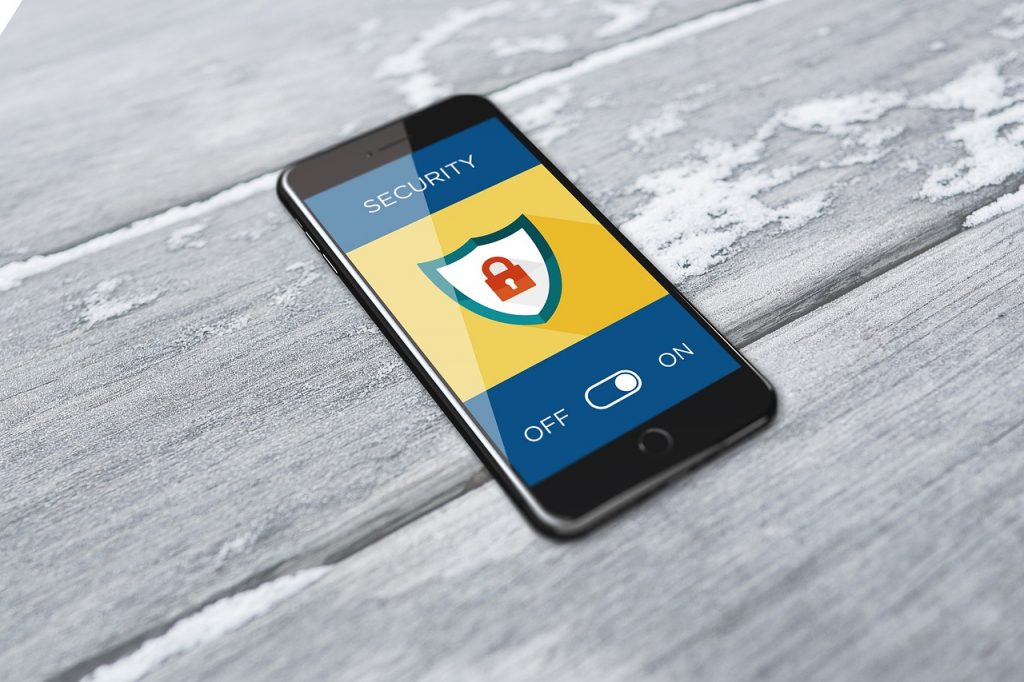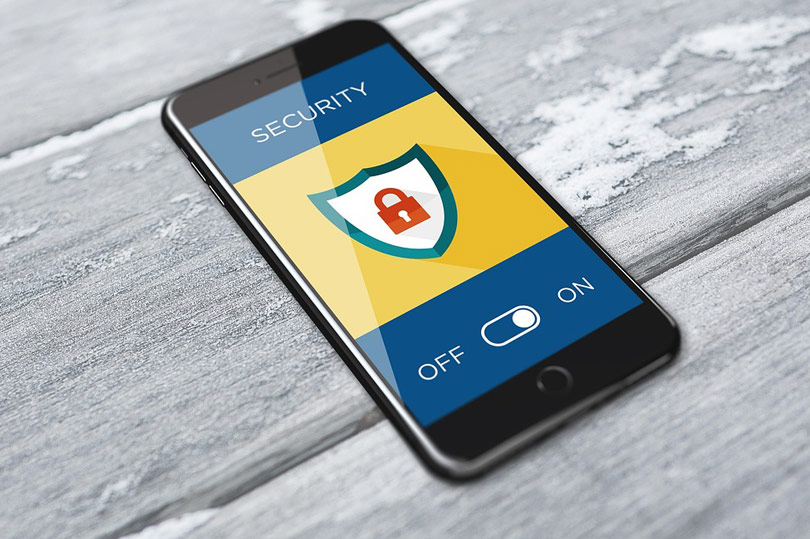If you’ve been paying attention online, then you’ve likely come across the horror stories of what can happen when you’re a little too flippant with the data and information you share online. From people getting doxxed and having their real names, addresses, and personal details shared, to being left wide open to hackers, there are a lot of reasons to start taking your online privacy more seriously. But how do you do it? Here are a few tips to start living a little more anonymously online.

Be careful what you post on social media
First of all, no matter how private your settings are, you should be a lot more mindful of how you post on social media. Any time children are involved, for instance, you should be double sure that only the people you know and trust can see those posts. When you’re traveling, you should avoid posting live photos of where you are, as it can highlight to anyone looking that you’re not currently at home, leading to security concerns.
Use sites that prioritize data privacy
Nowadays, if you go to search for anything online, you can be sure that someone, somewhere, has made a note of it. Whether you want to avoid marketing companies getting a hold of your data, or you want to avoid getting caught up in a recommendation algorithm, you should always look at alternative search engines like DuckDuckGo. How safe is DuckDuckGo? Although not as widely used as Google, this search engine is highly established and has become known as the search engine that prioritizes the data privacy of its users above all else. However, with that said, leaving your data security in the hands of others, especially private companies, always comes with some risk.
Use a VPN to cover your tracks
If you really don’t want anyone tracking what you’re doing online, then your best bet is to apply another layer of privacy through the use of a VPN, or a virtual private network. A VPN relays all of your traffic through a third-party server, hosted somewhere else in the world. Good VPNs also encrypt all of the data you send and receive. As such, to anyone observing, the data is unreadable, and it’s traced back to your computer. You can even use VPNs to look like a browser from another country, which can help you navigate blocked websites and content gates.
Don’t forget about your apps, either
Any apps on your mobile devices, such as your smartphone, and tablet, should be treated with some scrutiny, as well. The more permissions you allow them, such as with your contacts, camera, and otherwise, the more data they can glean, and they can potentially be used for more than just the purpose that the app professors. Change your app permission settings to ensure that you’re not giving them free rein over your smartphone.
Of course, you don’t have to become a complete ghost online to live safely. However, you might want to keep the above tips in mind all the same.




